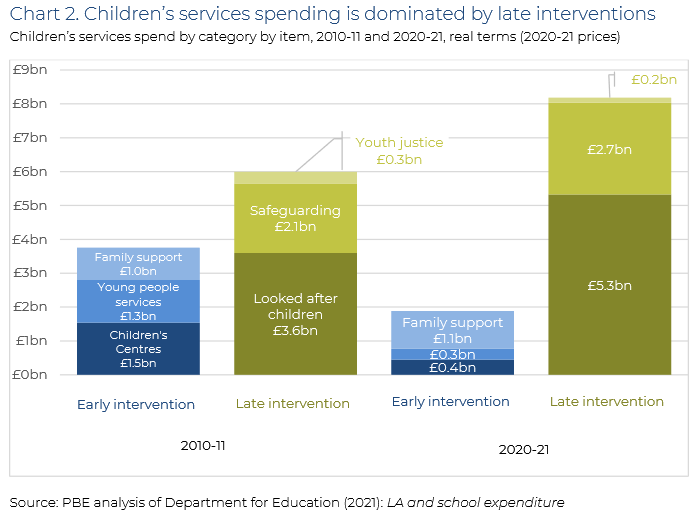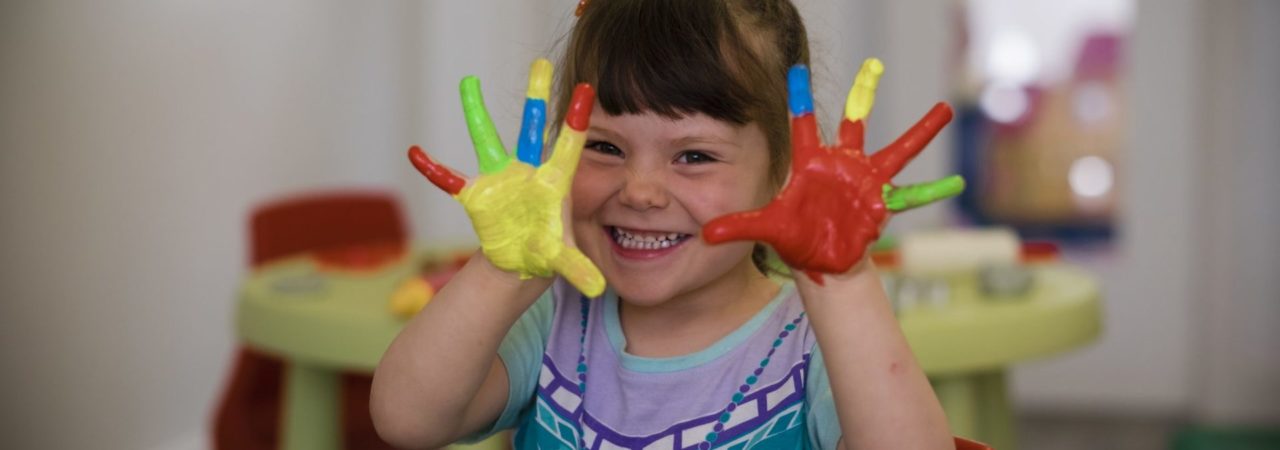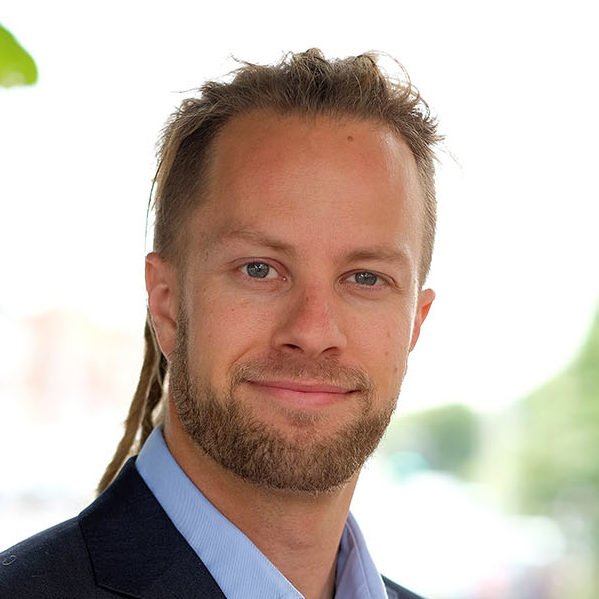Like any parent, when I became a father, I wanted my children to get the best start in life. An important part of this was making sure we could be the best parents possible and provide opportunities for our children that would help them develop new life skills. This required sacrifices but we wanted them to have a solid foundation for their future.
Sure Start Centres were created in 1998 with the aim of “giving children the best possible start in life” through improvement of childcare, early education, health and family support. By 2010, there were over 4,000 Sure Start Centres operating in the UK. Since then, up to 1,300 centres have been closed because of the strict economic policies implemented to reduce government spending and public debt. The poorest areas of the country were, unsurprisingly, hit the hardest. In the short-term, money-saving exercises may seem like a good idea, but real cost to our communities in the long term were more than we could ever imagine. Consider what our communities lost—how do we measure the impact on the lives of our young people and what successful careers they’ve missed out on?
A 2007 study by researchers from the Universities of Oxford and Wales published in the British Medical Journal looking at parenting interventions within the Sure Start system in Wales examined 153 parents from socially deprived areas and showed that a course teaching improved parenting skills had great benefits in reducing problem behaviour in young children. Parents were taught to:
- Increase positive child behaviour through praise and incentives
- Improve parent-child interaction: relationship building
- Set clear expectations: limit-setting and non-aversive management strategies for non-compliance
- Apply consistent gentle consequences for problem behaviour
It didn’t take long for everything to start falling apart and, in 2020, something strange happened. It was reported that the number of children in the care system in the UK had gone up by 28%. A Pro Bono Economics 2021 report highlighted how adults who spent time as children in the care system were ten times more likely to end up in prison by the age of 24. The Prison Reform Trust has evidence that up to half the children held in young offender institutions were previously in the care system and, today, they make up around a quarter of the adult prison population. What sad statistics these are.


The Pro Bono Economics report also highlighted how children’s services in 2021 were spending 80% of their budgets on late interventions. In the same year, the National Children’s Bureau stated that some councils in the poorest parts of England were reducing spending on early intervention services by over 80 per cent.
Does it make any sense to so dramatically cut costs only to end up spending far more than what you saved having to deal with the consequences of your own under-investment?
It does if you’re an investor. Investors are only interested in returns on their investments—not in improving quality of life or preventing serious youth violence. If you’re going to invest in people, it has to be for the long-term and you must be 100% committed. But that’s a risky venture for any investor.
A House of Lords committee in 2021 called for the Government to restore funding for early years services and youth support to 2010 levels to protect vulnerable children. The All-Party Parliamentary Group for Conception to Age Two stated that tackling problems associated with early life should be no less a priority for politicians and health and social care professionals than national defence.
It’s fairly evident that there’s a direct connection between the poorest areas of the UK and higher levels of serious youth violence. To address these inequalities, we need bold local and national leaders to take on serious youth violence. And a great start would be to start investing again in 0-5 years preventative programmes. A long-term commitment to these services would turn the tide on the ever-growing problem of serious youth violence.
We need to support families to help them raise young children that eventually become successful young people that lead safe and secure lives with aspirations to succeed in whatever field they choose.
We need investors that care and are willing to give a lifetime commitment to our communities.



